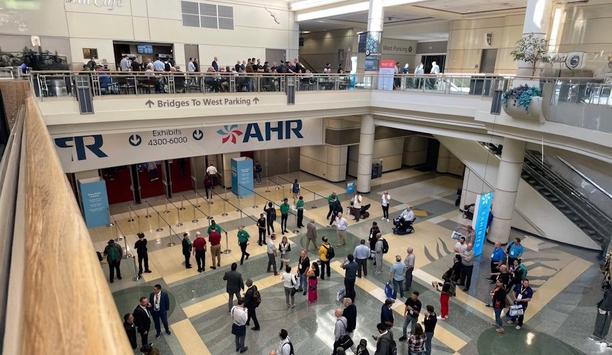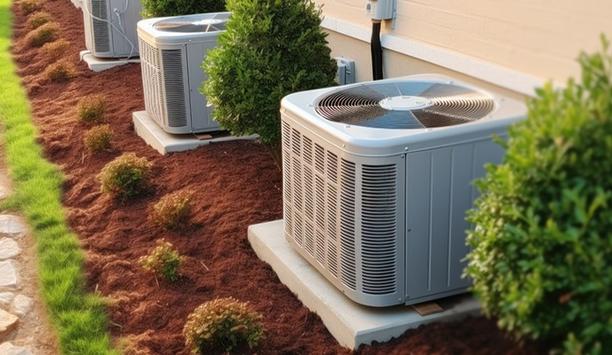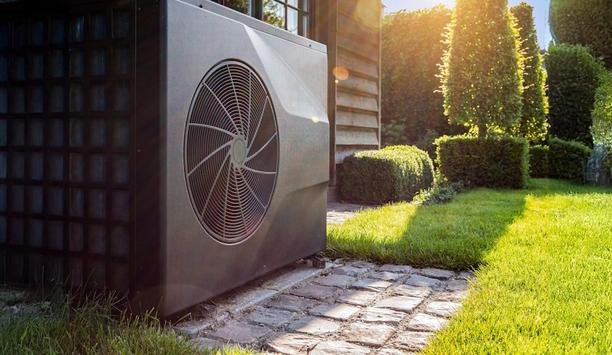Demand for HVAC services spiked during the coronavirus (COVID-19) pandemic. Low interest rates, government stimulus checks and a greater emphasis on home improvement (because more people were spending time at home) drove new business for HVAC companies.
However, labor shortages limited companies’ ability to meet the demand. In some cases, money was left on the table. There was another impact of the pandemic on industry labor trends: HVAC contractors kept working, even when much of the economy was shut down.
Pandemic highlighted the importance of HVAC
As a whole, the COVID-19 pandemic accentuated the importance of a career in HVAC
As a whole, the COVID-19 pandemic both accentuated the importance of a career in HVAC and highlighted the shortage of employees to fill those careers. In the aftermath of the pandemic, the labor shortage in the HVAC industry seems worse than ever.
One factor working against employment growth in the HVAC sector is the misconception among high school students that a college degree is required to achieve economic prosperity in any future career.
Sadly, the ‘value’ of a college education in the marketplace can sometimes be elusive or even illusory for graduates. It is not uncommon to hear of a recent liberal arts graduate working at minimum wage to pay off exorbitant student loans.
Need for more high school programs in HVAC
High school counselors push college as the default route for high school students, even among students whose aptitude may point in other directions. Trade school has, for too long, been seen as a fallback position rather than as a worthy pursuit for the future. Fortunately, there are exceptions, including some high school programs that are preparing students for HVAC careers.
In short, neglecting the need to direct new members of the workforce toward skilled trades, such as HVAC is at the root of the current (and future) labor shortage.
Adapting to the needs of the demographic
Attracting younger employees – the Gen Zs and eventually the Gen Alphas – requires adapting to the needs of this demographic. Younger folks want to work for a company that is environmentally friendly, diverse and inclusive, and is sensitive to the needs of employees.
They also tend to get bored easily, are more willing to change jobs, and are looking for Meaning (with a capital M) in the career they choose. They are also looking for a well-defined career ladder, through which they can build their future.
Careers in HVAC evolving with technological progress
Some new technologies can reduce or simplify the labor involved in the installation
Careers in HVAC are evolving with the progress of technology. Although HVAC installation still involves a lot of hands-on work, the trend is toward technical tools that require a higher level of skill, more thought, and expertise in addition to the grunt work. Here is another factor useful in addressing labor shortages: Some new technologies can reduce or simplify the labor involved in the installation.
Experience is a factor when seeking out the best HVAC candidates. However, experience is a sword that cuts both ways. Sometimes ‘experience’ includes ingrained bad habits that an employer can avoid with proper training of a neophyte. On the other hand, a company can save training costs with a seasoned master who can be productive on their first day.
Offering internship opportunities and mentoring programs
Recent trade school or even high school graduates are a source of HVAC candidates. Companies can leverage this source of employees, by keeping in touch with nearby training institutions and by offering internship opportunities and mentoring programs.
Online job boards and websites point to potential HVAC candidates, but the choices are limited to candidates that are actively seeking employment or to change jobs. That’s only about 15% of the workforce. Many of the best candidates currently have other jobs and would need to be recruited to change positions. Employing recruiters can be expensive, although they only get paid if they provide a successful candidate.
Social media can provide a source of candidates
Social media can provide a source of candidates. Employers should build their social media strategy to portray their company as a solid business and a great place to work. Focusing on building customer relationships in social media has the side effect of introducing potential job candidates to the company’s spirit and character.
Another source for job candidates is employee referrals from current employees. A bonus program for employees who refer a new team member can drive the process.





































